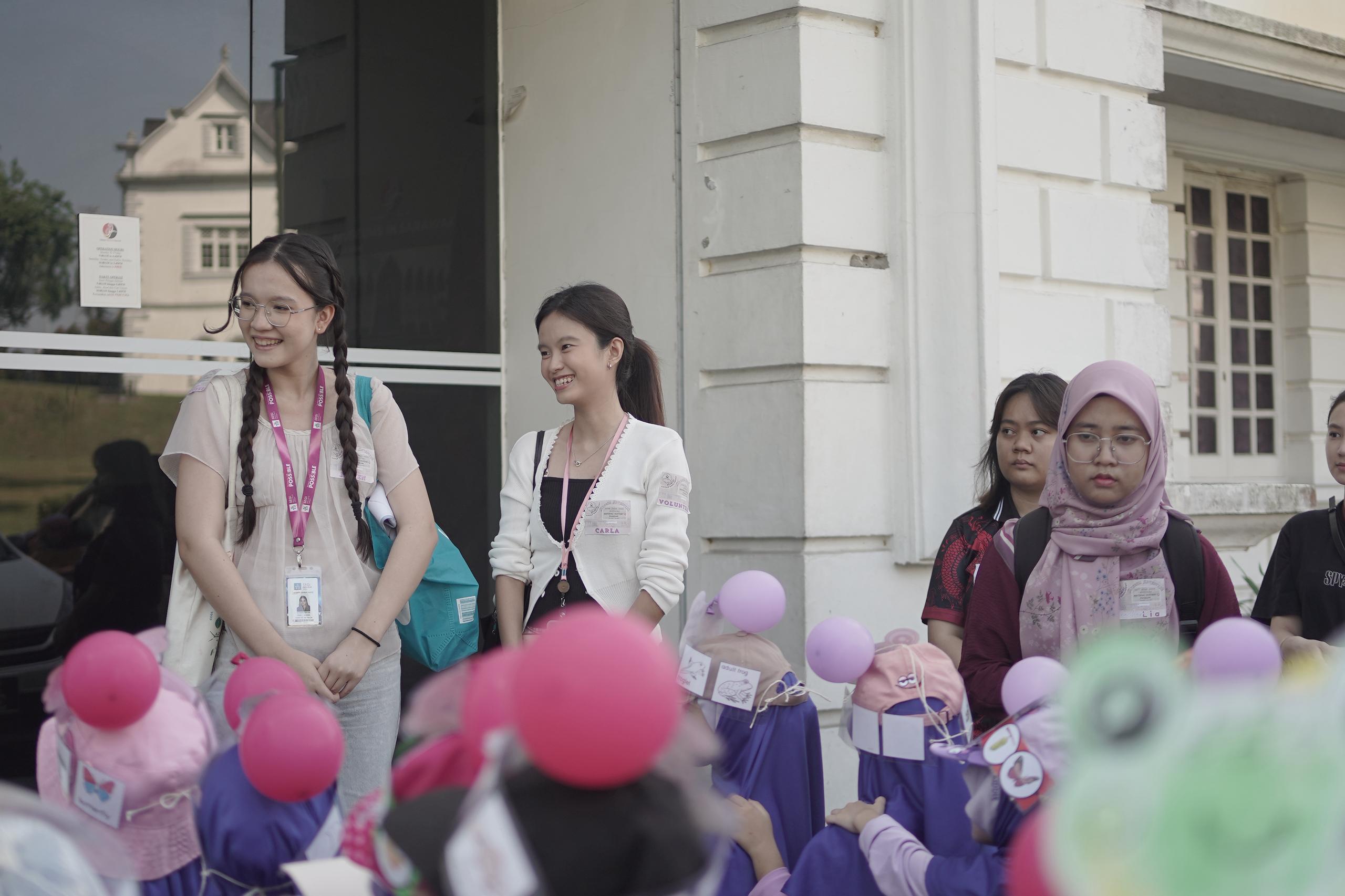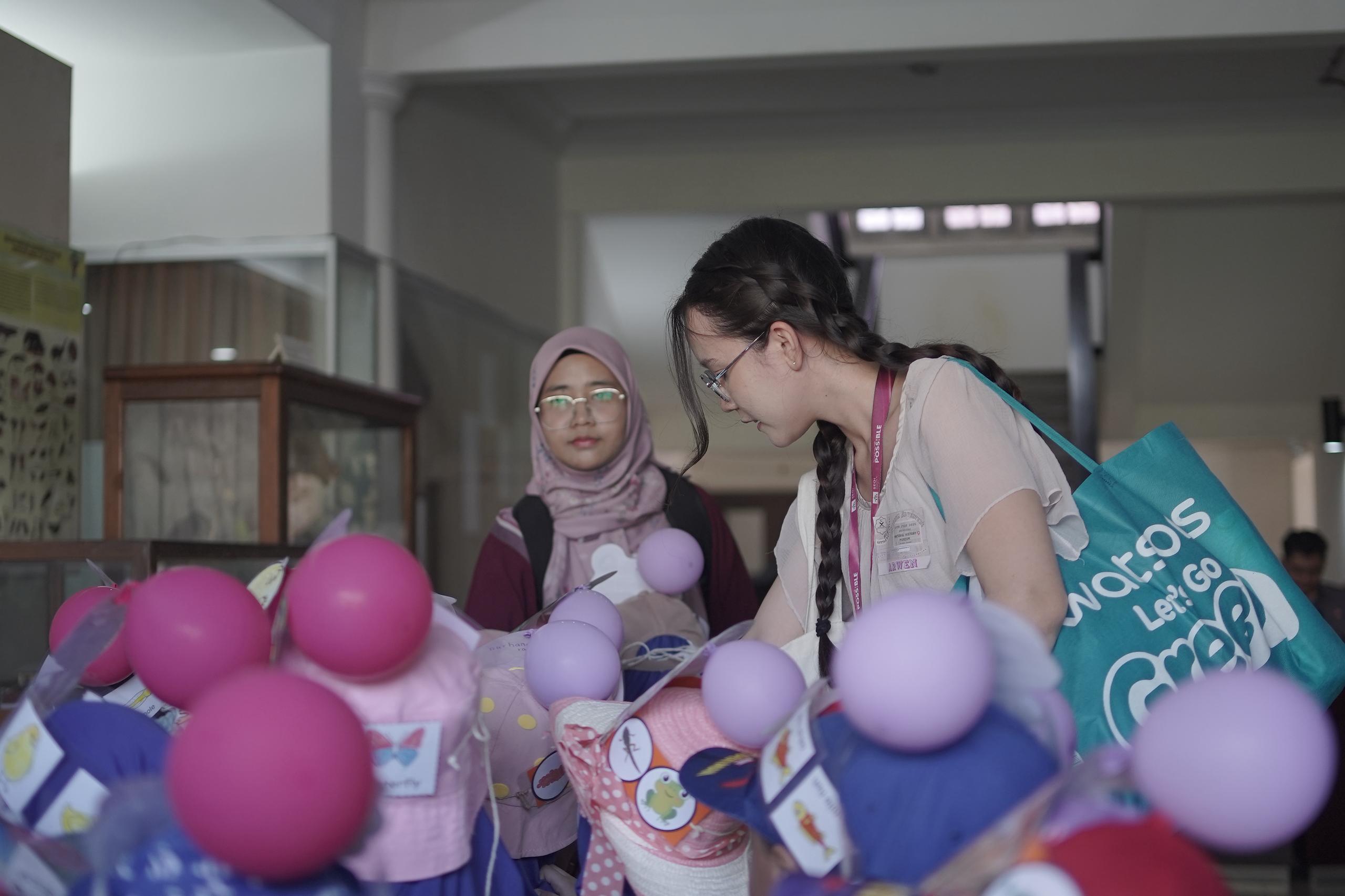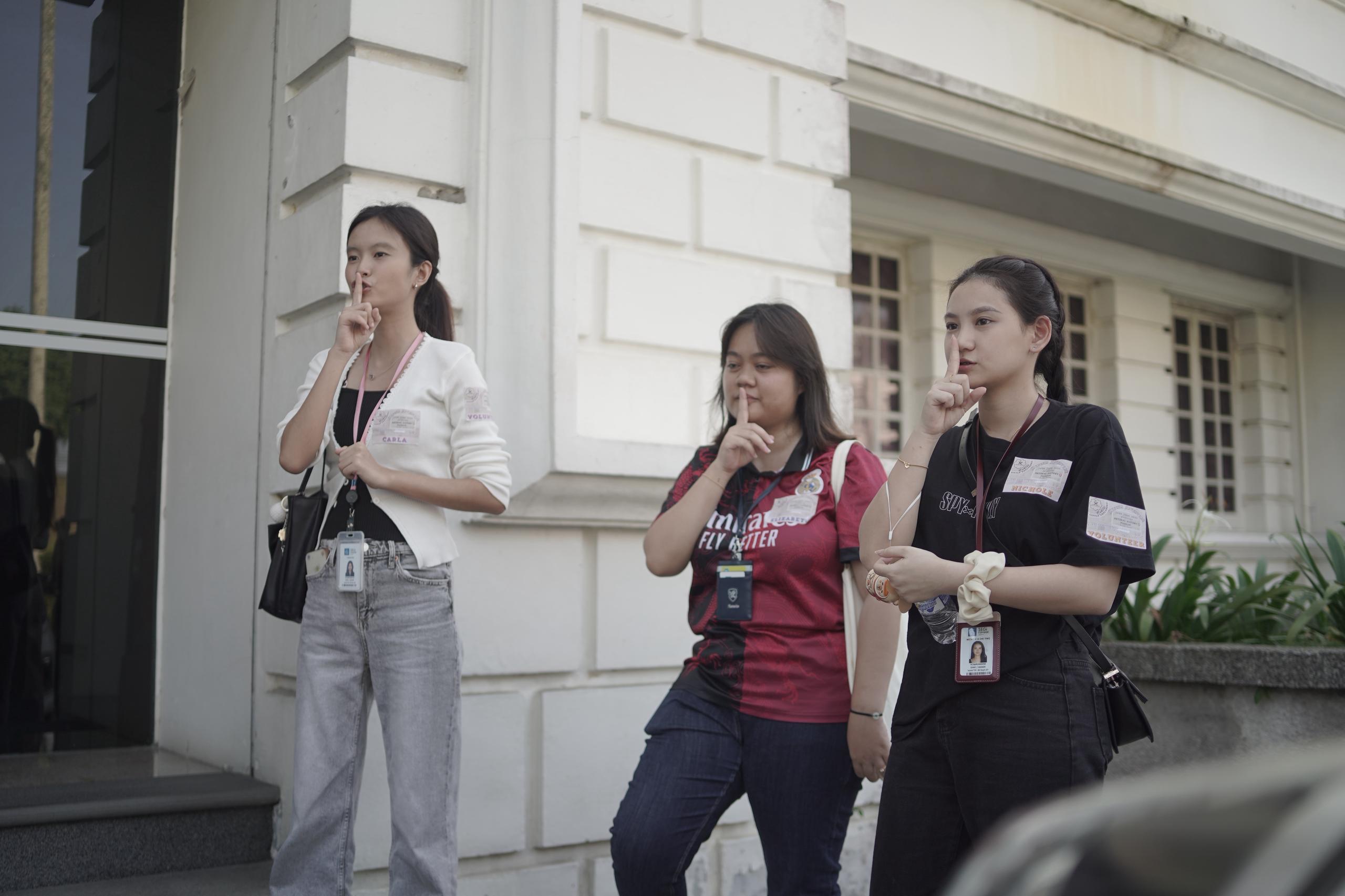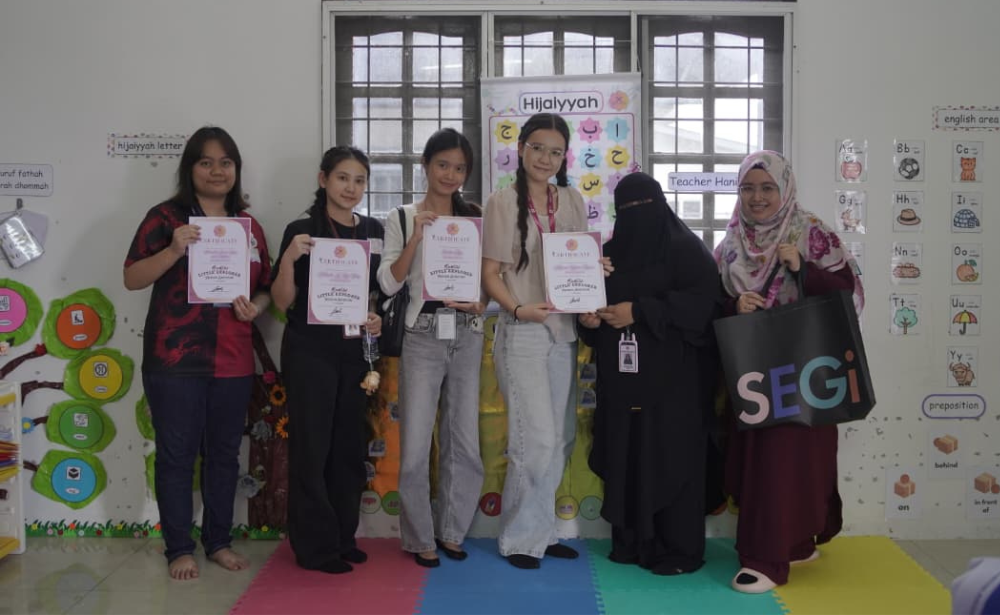On 30 July 2025, a unique collaboration unfolded when Tadika Islam Mumtaz Kiddie, together with SEGi’s Faculty of Communication, Design and Information Technology and the Faculty of Education & Social Sciences, brought children and university students together for an educational outing to the Natural History Museum. The initiative was designed not only to spark curiosity among young learners but also to immerse university students in real-world volunteering and community engagement, showing the direct connection between academic learning and societal impact.
The programme was spearheaded to give Broadcasting and Early Childhood Education students an authentic space to apply their classroom learning. By working alongside teachers and supervising groups of children through storytelling, interactive questions, and simple quizzes, the students developed critical skills in leadership, communication, and engagement. Research shows that experiential learning boosts knowledge retention by up to 75% compared to traditional methods, which highlights the importance of such practical exposure.
For SEGi College Sarawak students, the outcomes were two-fold: Early Childhood Education participants deepened their understanding of child-centred practices, patience, and guidance, while Broadcasting students sharpened public speaking and storytelling in live, unscripted environments. These skills are essential in preparing them for careers where adaptability and communication are highly valued. According to the World Economic Forum, communication, leadership, and problem-solving are among the top five skills employers seek by 2030.
Beyond individual development, the outing contributed to wider societal goals. By offering inclusive, hands-on opportunities, it advanced SDG 4: Quality Education, while the volunteers’ focus on children’s well-being reflected SDG 3: Good Health and Well-being. Connecting higher education with community-based learning also directly supported SDG 10: Reduced Inequalities, ensuring that young children, regardless of background, benefit from enriching educational experiences. Globally, UNESCO notes that over 244 million children and youth are out of school, making community-driven educational outreach a pressing necessity.
This collaboration demonstrated how kindergartens, universities, and student clubs can collectively create positive ripple effects. The children enjoyed a memorable and stimulating experience, while the students gained confidence and transferable skills that will serve them in their academic and professional futures. More importantly, the outing underscored SEGi’s commitment to bridging education with community impact, showing that learning is most powerful when shared across generations and disciplines.
This event is organised in support of the following United Nations Sustainable Development Goals (SDG):
SDG 3: Good Health and Well-being
SDG 4: Quality Education
SDG 10: Reduced Inequalities




